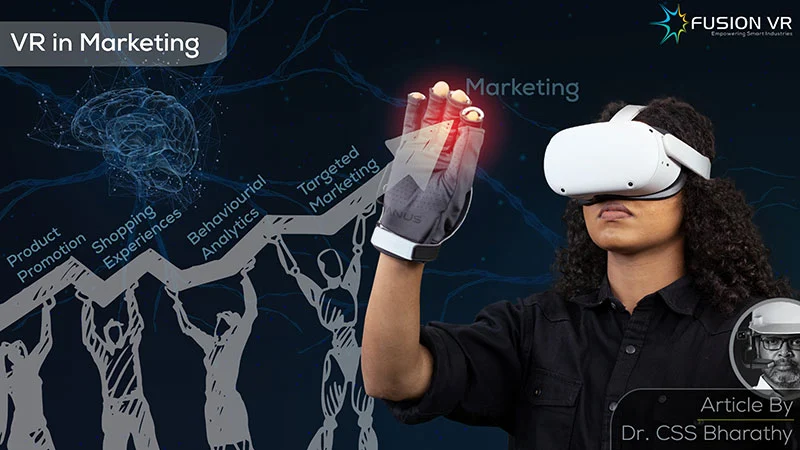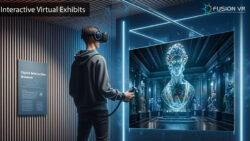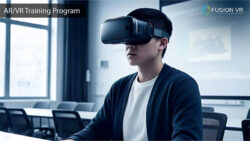Do you need technology for marketing? Has the world of marketing changed?
That’s what some of the marketing specialists say, when we told them that virtual reality (VR) technology will be a great help in the world of marketing. As we revealed the power of VR, they began to see how useful it could be. Marketing, according to Dr. Philip Kotler, is all about exploring, creating and delivering value to a target audience and generating a profit. Generally speaking, VR marketing campaigns can be conducted in diverse areas such as market research, product promotion, online sales, brand management, customer relations, shopping experiences etc. to achieve that objective. Let me take you further with details on the role of VR in marketing.
One of key enablers for the growth of VR applications across diverse fields is the advancement and availability of the devices and software. The gaming industry has contributed immensely to this cause and therefore the cost of devices has come down significantly. This has encouraged the identification of appropriate use cases and the development of custom solutions. With the development of the metaverse, the ability to customize and present virtual reality campaigns is expected to grow dramatically.
One of the most popular approaches with virtual reality marketing is the try-before-you-buy approach. IKEA, the huge furniture retailer, has developed a VR application that allows buyers to virtually remodel their kitchen. Using a VR headset, buyers can redesign their kitchen space with the wide array of options that IKEA provides. This virtual reality approach enables buyers to decide exactly what they want before it is fabricated and installed. This also provides marketers with first-hand information on customer preferences and trends directly and use that to develop products and services accordingly. In the end, there is value generated for the customer with getting a desired product or service at less time and expense. There are many such VR advertising examples with consumer products that are making the buzz recently.
The Enterprise Metaverse: A New Frontier for Customer Experience
On the manufacturing front, where most of the products and services are B2B and there is much less visible advertising, it is much more important to engage in a marketing campaign that bring the user experience to the fore. Complex machinery and equipment that drive manufacturing can be marketed with the user introduced in a virtual reality environment that could be called VR advertising. Potential customers don a VT headset and are able to learn more by seeing the capabilities and functionalities of the machinery. Voice over guidance that helps the customer navigate various aspects of the machinery helps decision making. No amount of brochures, technical seminars or content marketing come close to the benefits achieved with a virtual reality experience. After all, seeing is believing for all people!
VR is now helping to deliver behavioral analytics intelligence that will be used to create targeted marketing strategies. Biosensing technologies have enabled tracking of a person’s pupil, facial expressions and heart rate to obtain data on what attracts, influences and establishes an emotional connect with the customer who is viewing a product or service with a VR headset. These capabilities are now integrated in the latest VR headsets and its potential must be exploited by marketing professionals. The intelligence and insight gained from analyzing such data will help to customize marketing communications to specific interest groups.
The customer experience is about to take a huge leap with the enterprise metaverse. Any potential customer has the ability to interact with other customers and learn about the value that has been created. The metaverse has the ability to transcend distance, location and language and create a community that is focused on delivering the right experience and value.
Virtual reality technology has come a long way as it has become more accessible and affordable to most businesses. It is extremely important for marketing leaders to quickly recognize the extraordinary potential of this technology and deliver value to their customers and generate a healthy ROI for themselves.





